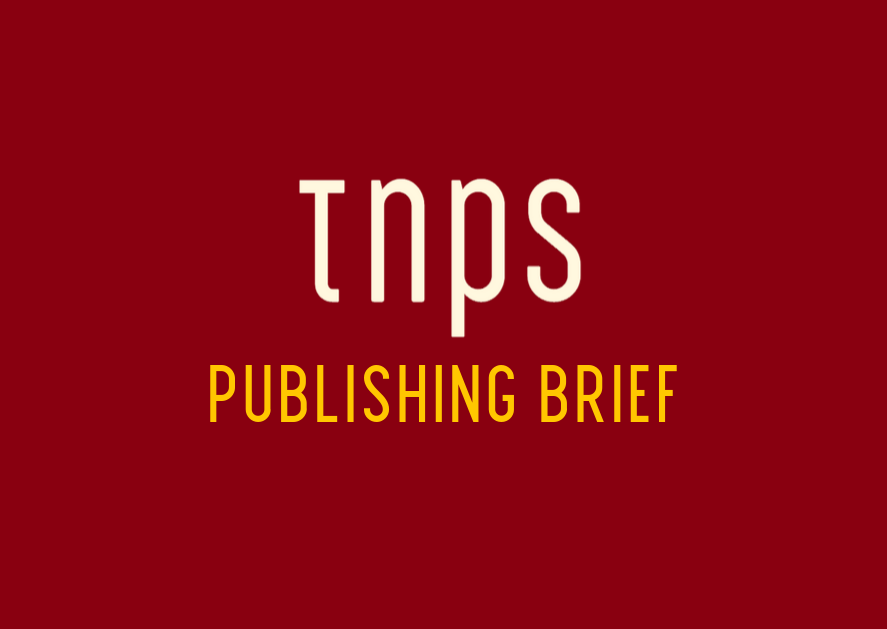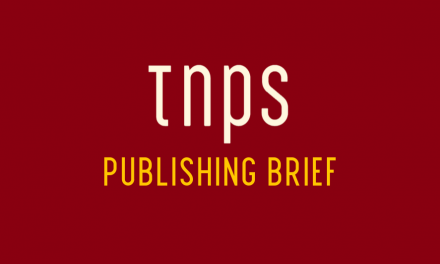The Harry Potter books have been translated into 68 languages and have sold 400 million. Or so says Pakistan Today, reporting on the new Harry Potter exhibition in London.
That number is echoed by Rowling’s publisher Scholastic, although Britain’s The Guardian earlier this year was asserting the eightieth Potter translation was under way and sales had reached 450 million. The eightieth translation being into Scots, a regional language of Scotland, spoken by perhaps 1.5 million, read by far fewer.
But be it 68 or 80, my first thought was, why so few? If ever there was a book series likely to claim the accolade “world’s most translated title” it ought, surely, to be the world of wizardry created by J.K. Rowling.
But just 68-80 languages, out of the 7000 or so languages in the world? That is a damning indictment of the failure of publishing to embrace the Global New Renaissance unfolding.
And a missed opportunity to boost the publishers’ bottom line while boosting world literacy.
Scholastic assert the Harry Potter titles have been published in over 200 territories, and of course it is that international reach that helped notch up that impressive 400 million sales, putting Rowling up amongst the biggest-selling authors of all time (though not yet ahead of my own favourite, Enid Blyton, and a long way behind the likes of Barbara Cartland and Agatha Christie, if this Wikipedia chart is to be believed.
But leaving aside any debate about which author has sold how many, the simple fact is 400 million sales is a drop in the ocean compared to the number of possible readers out there.
As I explored in a look at the Arab book markets, one of the key reasons there are so few readers in some parts of the world is simply that the books are not available or accessible.
And that comes down often to the realities of analogue publishing, where book distribution is simply not economically viable. Paper and printing costs money, distribution costs money, and prospective buyers are spread out over large distances that cannot sustain traditional book stores as we know them in the developed world.
For the average small-time author, reaching the nascent markets is never going to be lucrative. But when we start talking about properties like Harry Potter we enter a different world.
I opened this post with a link to Pakistan Today covering the Harry Potter exhibition in London, to make the point that Harry Potter is a global property.
In fact the first Urdu translation of Harry Potter was way back in 2002.
Urdu translator Darakhshanda Asghar Khokhar noticed her young granddaughter “totally engrossed” in the (English-language) first book of the series.
When I first read it, I too fell in love with the enchanting tale of the young orphan wizard. I felt an urge to tell all children about Harry, even those who belong to Urdu-medium schools and has difficulty in reading English.
Fifteen years on and Harry Potter is still only available in Urdu and English in Pakistan.
That’s Urdu with 13 million speakers. Not to be sneezed at. But where is the Saraiki translation (18 million speakers in Pakistan), or the Sindhi translation (24 million) or a translation for the 26 million Pashto speakers? Or the 76 million Punjabi speakers?
Repeat for countless languages in countless countries around the world.
Not in any way to condone piracy, but is it any surprise piracy flourishes when publishers fail to meet demand?
And make no mistake, when it comes to a property like Harry Potter the demand is there.
I’m here in The Gambia, West Africa, one of the poorest countries on the planet, population just two million. Bookstores here are little more than stalls with a scattering of books, protected from the elements by cardboard and corrugated iron.
The Harry Potter books are only available here as second-hand left-overs from the tourists or the handful that appear in the containers of junk that make their way here amid battered bicycles, unwanted utensils and other discarded debris from the First World.
Would people here buy the books if they could? Let’s just say the pre-owned editions exchange hands for more than the originals cost new back in the UK.
No, in a country like this it simply isn’t economically viable to make the Harry Potter books available in print here.
Yet in countries like this, where every adult has a smartphone, this is a major digital sales opportunity missed.
You see, the Amazon Kindle store isn’t an option here. Nor is Apple iBooks. Nor Nook. Nor Google Play. And Kobo – the store that in theory has truly global reach?
Well, if I try to access Kobo without my UK credentials I see 5 million titles supposedly available.

Five million titles? Yes please!
Only, once I sign up to a Kobo account from here then, even though I’m being redirected to Kobo US and have to pay US prices in US dollars, the five million ebooks available mysteriously disappears and I’m left with just a few tens of thousands of ebooks to choose from, among them very few names I recognise.
Harry Potter? Dream on. Dan Brown’s Origin? Not a chance.
There are a handful of mainstream publisher titles available, but most are from self-publishers, and at whatever price we set for the US store through Kobo Writing Life, the self-publishing arm of Kobo.
Why the books I want to read are not available is down to two reasons:
- Territorial restrictions imposed by the publishers
- Reach restrictions imposed by the retailers
Even if an ebook has world rights, that’s meaningless if the retailer store isn’t an option. No big deal for a tiny country like The Gambia, but countries with huge populations like Bangladesh (163 million), Nigeria (186 million), and Pakistan (193 million) are in the same boat. Amazon Kindle, Nook, Apple iBooks and Google Play Books simply aren’t options.
Harry Potter, and myriad other hugely popular books, are prisoners of analogue publishing, and the world’s readers lose out. Along with the publishers and authors who could be tapping into this vast additional readership.
At which point some in the self-publishing community will gleefully denounce “Big Pub” for limiting author reach. To which I would say that a huge number of self-publishers opt to be exclusive with Amazon through KDP Select and thereby make their ebooks unavailable to half the world.






I have translated all Harry Potter books In urdu